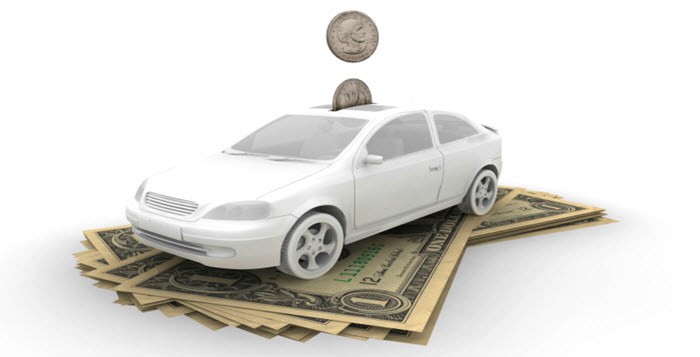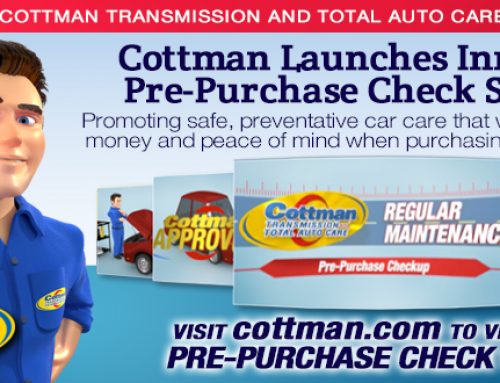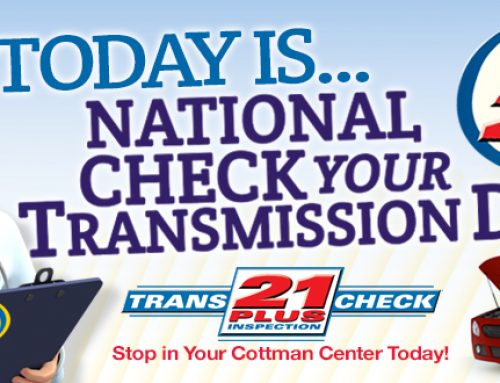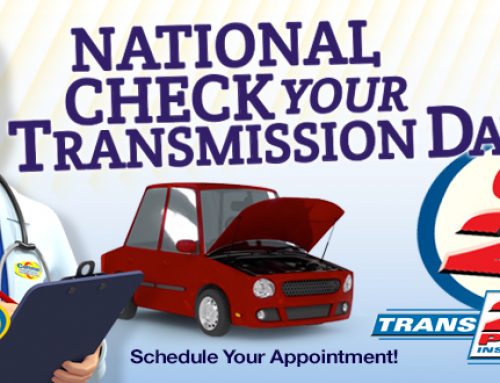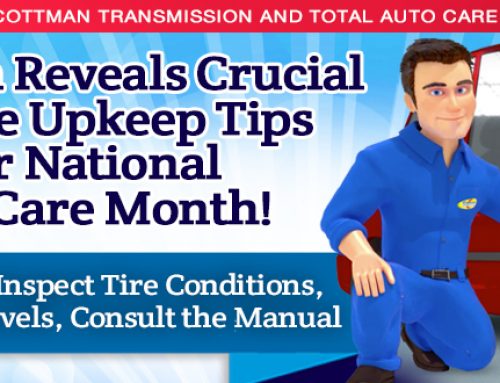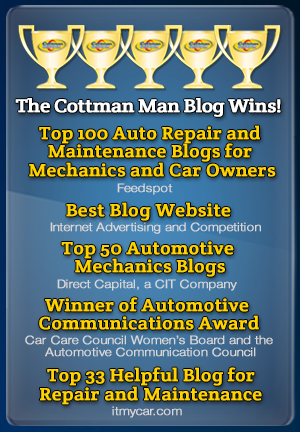You just picked your car up from the shop; the bill was $120, and it doesn’t run any better now than it did when you came in.
That’s not so surprising, since there wasn’t really anything wrong with it when you brought it in. It was in for maintenance.
But that has to get you thinking: Why pay for work when there’s nothing really wrong with the car? What about the whole, “If it ain’t broke, don’t fix it” mentality? Does maintenance really make any sense?
Yeah, it does. And in most cases the money you spend on maintenance will save you way more than that in the long run.
Back in the early ’70s, Fram oil filters used to run a famous ad that closed with the tag line, “You can pay me now or pay me later.” It showed a guy leaving a shop; he’d just paid $400 for a ring job on his car (that was a lot of money in the ’70s!) According to the announcer, the reason he needed a ring job was because he didn’t spend $12.95 to have his oil and filter changed (again, ’70s!)
But even though the prices seem outlandish by today’s standards, the message remains the same: Servicing your car regularly is the best way to avoid a heavy repair bill later. That $400 ring job? Today it’d be closer to $4000. Sure, the oil-and-filter change costs a bit more today, but it’s still the best way to avoid those major repairs later.
Regular maintenance also helps keep your car more dependable, since a new hose or belt is less likely to break than an old, worn out one. And clean battery terminals will help your car start easier than one with a mountain of corrosion piling up.
What’s more, if you do have a problem later on, finding and repairing it will probably be easier and cost a lot less. Finding a problem on a well-maintained car is easier for the technician, because the damaged item stands out more clearly than on a car where everything’s filthy and tired.
Finally, maintaining your car can affect its value later on. When you decide to sell it or trade it in, those service receipts prove that you kept your car up, and that translates into more value on the back end.
So, while the numbers from yesteryear may be laughable, the message remains true: You can pay me now or pay me later. A little maintenance is a terrific way to avoid big expenses and trouble down the road.

